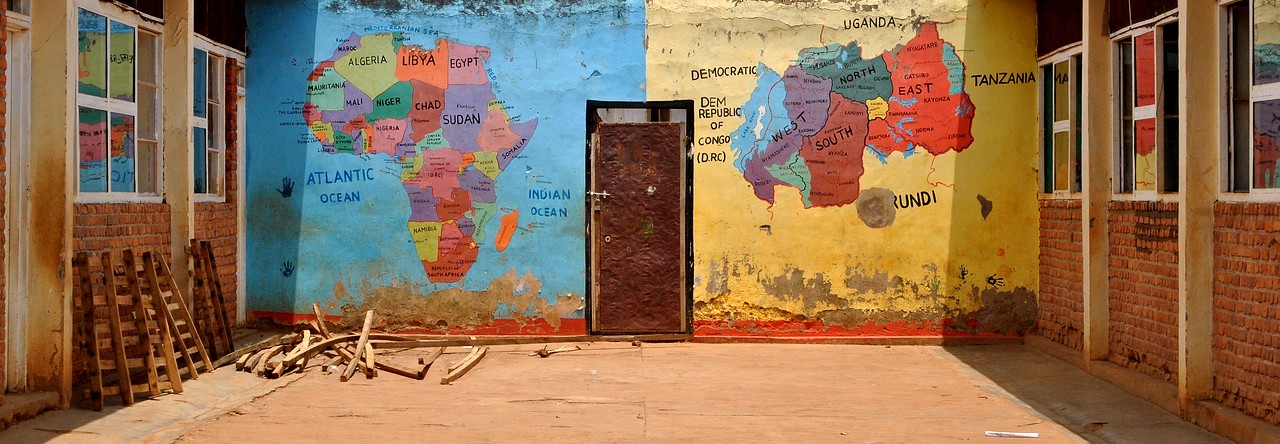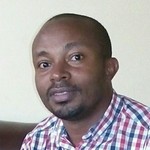— By Lealimo from Lesotho
Lesotho is a very mountainous country, blessed with rivers, waterfalls and valleys. Lesotho depends on water and animals, its our biggest economy.
I recently came back from my father’s home village, one of the remotest and very rural places in my country called Thaba-Tseka. It is about 8 hours’ drive from the capital city and then 2 hours ridding on a horse to get to the village since it’s inaccessible by car.
Before technology and everything else that comes with it, before “stilettos and make-up” and the current lifestyle, there’s culture and family, where I grew up and came from.
The pictures below portray a good story of where I come from. They represent culture and family. These young girls draw water from this spring each day for domestic purposes and the young boy herd sheep riding a horse. They are my cousins. They do all this chores after school, which is an indication that education is important to them. I am not an exception as I went through the same route. This woman is our grandmother and she prepares dinner for everyone while they also offer assistance to her.
My great grand parents and I grew up in this village and under the same circumstances. The roundavels you see is the original plan of Basotho houses in rural villages made of mud. In the capital city the same house is built in a modernised way and its part of Lesotho’s emblem. The very same culture and family lifestyle moulded me to be a proud Mosotho woman who knows where she comes from.
Here are other picture from rural Lesotho, my Lesotho:









